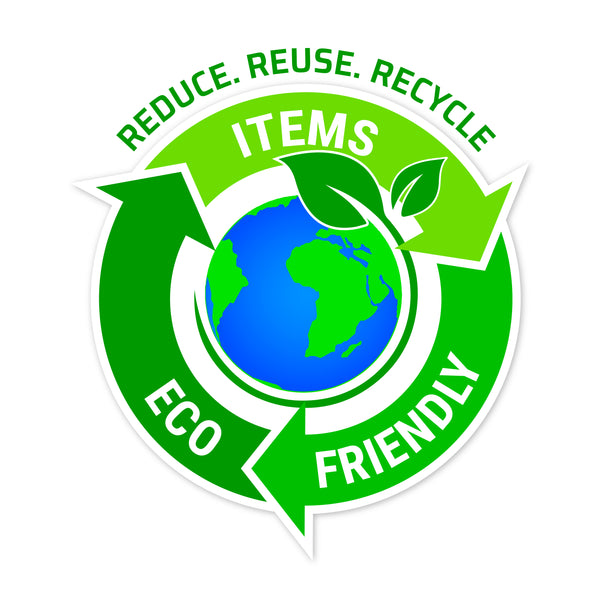Environmental Awareness in Zimbabwe
Zimbabwe, a land of breathtaking natural beauty and rich biodiversity, is facing an escalating environmental crisis due to the incorrect disposal of plastic waste, diaper waste, and the reckless cutting down of trees. The consequences of these actions are not only detrimental to the nation's well-being but also the planet's ecological balance.

Plastic Waste: A Growing Threat
Plastic waste has become an ominous symbol of our modern convenience-driven lifestyle. While the convenience is undeniable, the environmental cost is staggering. Zimbabwe, like many countries, is grappling with the mounting problem of plastic pollution. Discarded plastic items often end up clogging waterways, littering streets, and contaminating soils.
A significant issue in Zimbabwe is the improper disposal of plastic waste, which not only mars the natural beauty of the land but also endangers wildlife. Plastic pollution harms the health of animals that inadvertently ingest or become entangled in plastic debris. It disrupts ecosystems and poses a severe threat to species that are already endangered.

The way forward involves a shift in perspective, consumer choices, and responsible disposal methods. The people of Zimbabwe can lead this change by reducing single-use plastic consumption, recycling, and supporting initiatives that promote plastic waste management.
Diaper Waste: A Growing Concern
The use of disposable diapers has increased dramatically in Zimbabwe, with many households relying on them for the convenience they offer. However, the improper disposal of diaper waste poses a significant problem. Inadequate waste management systems result in diaper waste piling up in landfills and contaminating the environment.
In addition to the unsightly mess, diaper waste poses a severe threat to sanitation and human health. It leaches harmful chemicals into the ground, leading to water pollution, and creates breeding grounds for pests and disease vectors. It's a public health concern that cannot be ignored.

One solution is to consider the use of reusable cloth diapers. While the upfront cost may be higher, the long-term benefits for the environment, public health, and finances are substantial. Proper diaper waste disposal is equally important, with households, municipalities, and businesses playing crucial roles in implementing effective waste management strategies, it remains a huge challenge.
Deforestation: A Vanishing Legacy
Zimbabwe's breathtaking landscapes are characterized by lush forests and diverse woodlands, but they are under siege from deforestation. Trees are being cut down at an alarming rate, primarily for fuelwood and commercial purposes. This indiscriminate deforestation threatens Zimbabwe's unique ecosystems, wildlife habitats, and the livelihoods of local communities.
The consequences of deforestation extend beyond Zimbabwe's borders. It contributes to climate change, exacerbates soil erosion, and reduces the capacity of forests to absorb carbon dioxide. The loss of forests is a global issue, and we all bear the responsibility for its consequences.
Reforestation and afforestation initiatives are essential to combat deforestation. These efforts involve planting trees to restore and expand forested areas. However, it's equally important to address the root causes of deforestation, such as the need for sustainable fuel sources and land use practices.

Conclusion: A Call to Action
Zimbabwe's environment is at a critical juncture, and the choices made today will determine its future. The burden of environmental responsibility falls on every citizen, from urban centers to rural communities. By raising awareness of the environmental damage caused by plastic waste, diaper waste, and deforestation, Zimbabweans can champion change.
Educational campaigns, waste management infrastructure, and sustainable practices can collectively pave the way to a more environmentally conscious Zimbabwe. Protecting the nation's natural beauty, preserving its biodiversity, and mitigating the impact of climate change are achievable goals if we all commit to a sustainable future.

It's time to acknowledge our role as stewards of this planet and embrace the principles of conservation, reforestation, and sustainable living. Together, we can safeguard Zimbabwe's natural heritage for future generations and contribute to the global effort to protect the Earth's fragile ecosystems.

